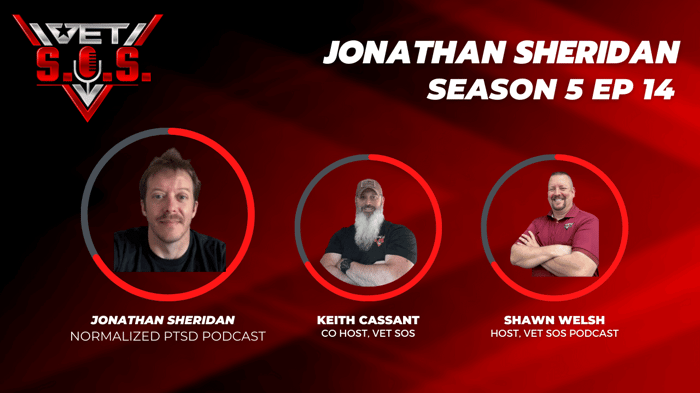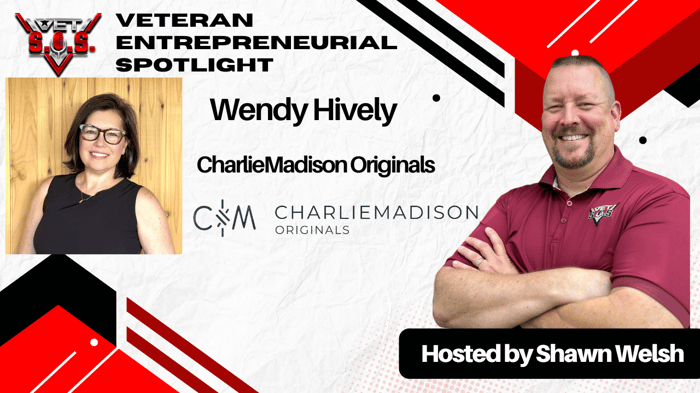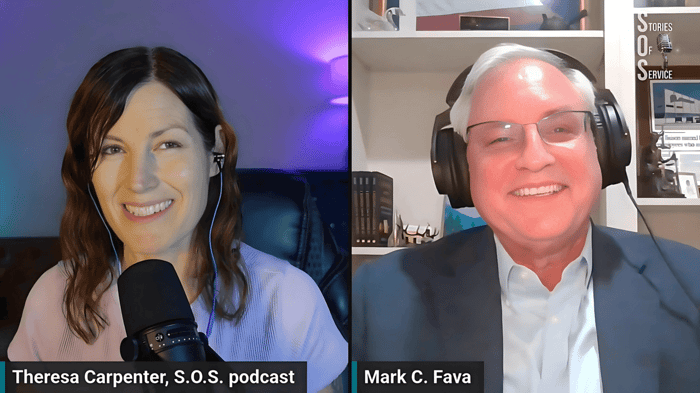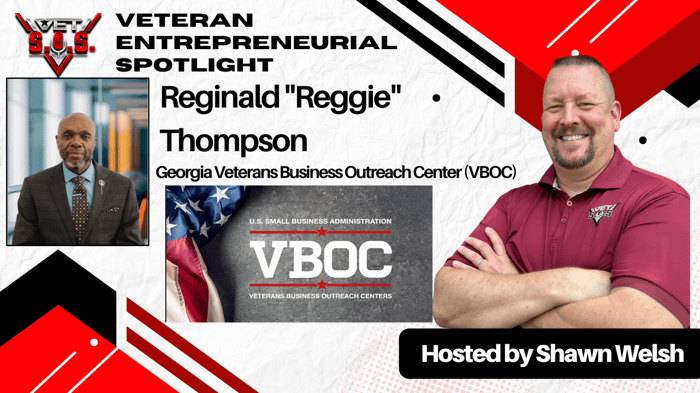Post-Traumatic Stress Disorder (PTSD) is a mental health condition that affects millions of individuals, particularly those who have experienced trauma through military service, law enforcement, or emergency response roles. While awareness has improved in recent years, the stigma continues to prevent many from seeking the help they need.
In a powerful episode of the VET S.O.S. podcast, we sat down with Jonathan Sheridan, a former EOD (Explosive Ordnance Disposal) technician in the U.S. Air Force and the host of the Normalized PTSD podcast. Jonathan’s candid conversation dives deep into the realities of living with an unseen injury, the challenges of transitioning out of the military, and the power of normalizing mental health struggles through honest conversation.
This blog post is a reflection of that episode—offering valuable insight, practical resources, and a powerful reminder that healing is not only possible but necessary.
The Hidden Wounds After Military Service
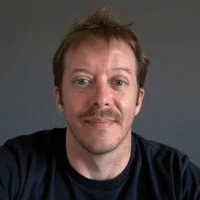 Jonathan Sheridan
Jonathan SheridanJonathan’s journey began during his deployments in Afghanistan and Iraq. As an EOD tech, his job was to disarm bombs—a high-stress, high-risk occupation that requires unwavering focus and calm in the face of death. When he returned from deployment, however, the internal wounds began to manifest.
“I came back from Afghanistan and I was not right,” Jonathan shared. Instead of going through a traditional out-processing protocol, he fled to the mountains of Tennessee in an attempt to disconnect and escape.
This is a familiar story for many veterans. Symptoms often don't appear immediately. It creeps in through avoidance, aggression, depression, or destructive coping mechanisms. For Jonathan, the signs were there: heavy drinking, partying, and emotional distance. But like many others, he didn’t fully acknowledge it until a therapist finally said it out loud—You have PTSD.
Acceptance Is the First Step Toward Healing
Jonathan's initial reaction was denial. “There’s no way,” he told his therapist. But as the conversation deepened, he had to confront the truth. “If we’re honest, I knew for a long time there was a problem.”
This acknowledgment became the turning point in Jonathan’s mental health journey. As he explains in the podcast, many veterans live in denial for years because PTSD is viewed as a weakness—a burden that contradicts the warrior ethos.
But the reality is just the opposite: recognizing you are sick and seeking help is a courageous act of strength. Jonathan believes that by owning his diagnosis, he was able to shift his energy from pretending to be okay to genuinely working on becoming the best version of himself.
PTSD in the EOD Community: A Deadly Silence
EOD techs like Jonathan operate under unimaginable pressure. One wrong move could mean instant death—not just for themselves but for others. This pressure breeds a culture of perfectionism and emotional suppression. It's no surprise, then, that the EOD community has one of the highest suicide rates among military specialties.
Jonathan reveals that while he lost many brothers and sisters to IEDs in combat, he lost even more to suicide after they came home. Unlike combat deaths, these lives are often not publicly honored or remembered. Their names don’t go on the wall at memorial ceremonies.
The silence in elite military communities is literally deadly.
From Suicidal Thoughts to a Life with Purpose
At one point in his life, Jonathan admits that suicidal ideation was part of his daily routine. “It wasn’t that I wanted to kill myself. But if I died, I would’ve been okay with it.”
But over time, and with great effort, his mindset began to change. He dove deep into mental health practices, staying open to any form of therapy that might help—including meditation, hot yoga, breathwork, and even psychedelic-assisted therapy.
“I was willing to try anything,” he says, “because I wanted to live better.”
Today, Jonathan wakes up with purpose. His podcast, Normalized PTSD, helps others find their own paths to healing. He shares his journey, interviews others, and spreads the message that your sickness doesn’t define a person—it’s just a chapter in a much bigger story.
Why Normalizing PTSD Matters
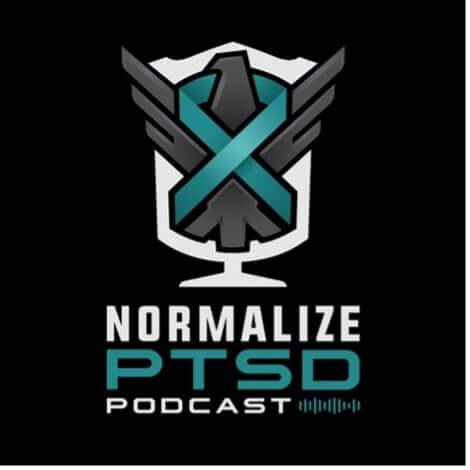 The core mission of Normalized PTSD is to change the way society views trauma and mental health. Too often, PTSD is equated with being “broken” or dangerous. That kind of stigma can prevent people from seeking the very help that could save their lives.
The core mission of Normalized PTSD is to change the way society views trauma and mental health. Too often, PTSD is equated with being “broken” or dangerous. That kind of stigma can prevent people from seeking the very help that could save their lives.
Jonathan’s work helps dismantle those outdated ideas. He believes the key to healing is normalization—open, vulnerable conversation that reminds people they’re not alone.
When leaders in the military or first responder communities share their struggles, it sets a powerful example. “When a full bird colonel stands up in front of a formation and says he goes to therapy—that’s a game changer,” Jonathan explains.
How to Support Someone Living with PTSD
For those who have loved ones dealing with PTSD, Jonathan offers important advice: don’t try to fix them—meet them where they are.
In the beginning, Jonathan made the mistake of pushing too hard. “I came in like a wrecking ball,” he admits. “I wanted people to get better, but I went about it the wrong way.”
Now, he believes that the best way to help is by leading through example. Focus on your own healing, talk about it openly, and be a safe space for others. Encourage professional help, but don’t be discouraged if they aren’t ready.
“If you can, go with them to a session,” he suggests. “Or start with couples or group therapy. Sometimes they just need someone by their side.”
Finding the Right Help
Another key message from Jonathan is to not give up on therapy if the first attempt doesn’t work. Finding the right therapist is like finding the right job—you need the right fit.
“There are good therapists and bad ones,” Jonathan says. “Don’t let one bad experience stop you from trying again.”
He also recommends exploring different therapeutic methods. What works for one person might not work for another. From EMDR and CBT to psychedelics and mindfulness, the journey to healing is unique for each individual.
A Call to Action: We Must Treat PTSD Like Physical Health
Jonathan closes the episode with a passionate plea: “We get physicals every year to check our blood pressure and heart. Why don’t we do the same for our minds?”
He’s right. this isn’t just a veteran issue—it’s a human issue. From first responders and healthcare workers to survivors of abuse and trauma, millions struggle in silence.
It’s time to break that silence and treat this illness with the same seriousness as any physical condition.
Conclusion: It Is Not the End—It’s a New Beginning
Jonathan Sheridan’s story is raw, real, and inspiring. His journey has not only transformed his life but is actively changing the lives of countless others through honest storytelling and tireless advocacy.
For any veteran or individual struggling with PTSD, the message is clear: You’re not broken. You’re not alone. And you can absolutely heal.
📢 Resources & Contact Info
🔗 Normalized PTSD Podcast
🌐 Website: www.normalizePTSD.com
📷 Instagram: @normalizePTSD
📧 Email: [email protected]
🎙️ Listen to the full episode on the VET S.O.S. Podcast:
https://open.spotify.com/show/3PXqxzptNSgBuSXpgDpDPM
💬 Follow us @VETSOS on all major social media platforms
🌐 Visit: www.vetsospodcast.com
🛟 Don’t drown in the sea of transition—grab the VET S.O.S. lifeline.
